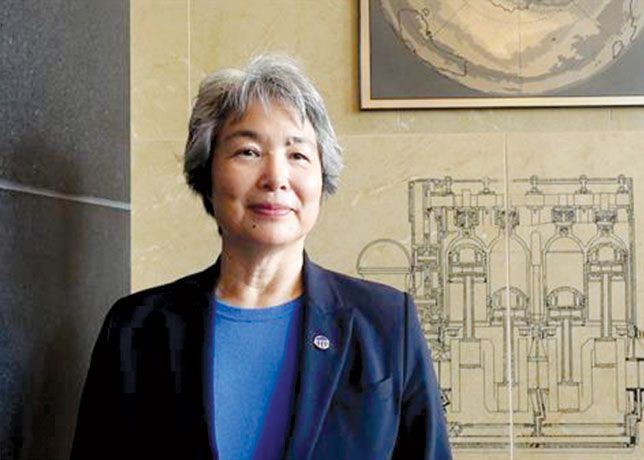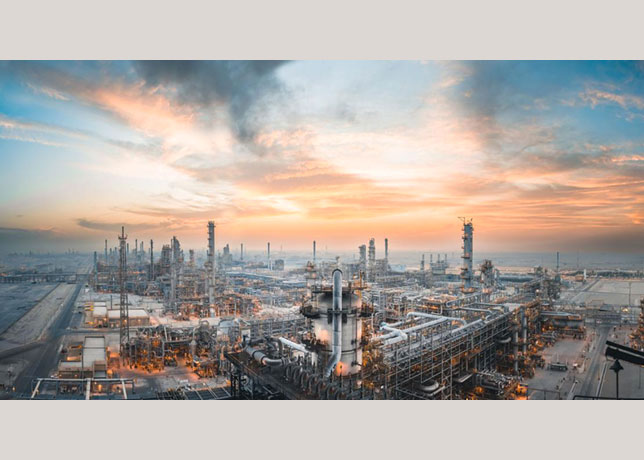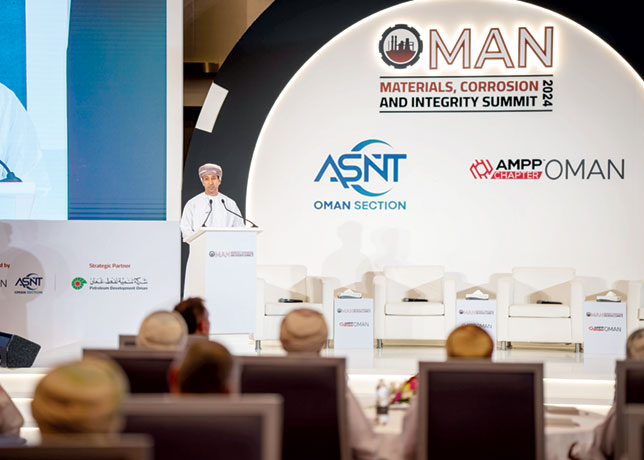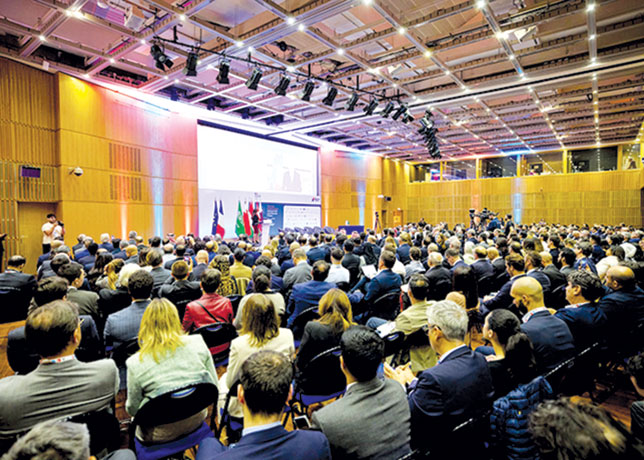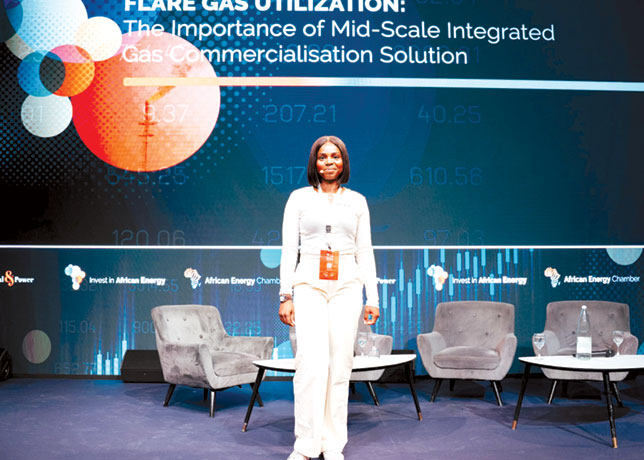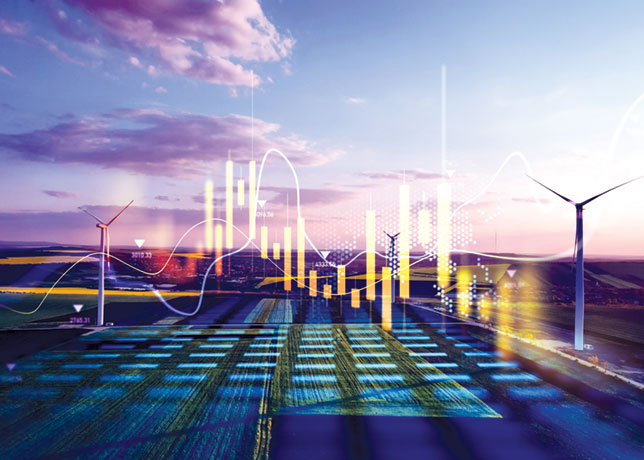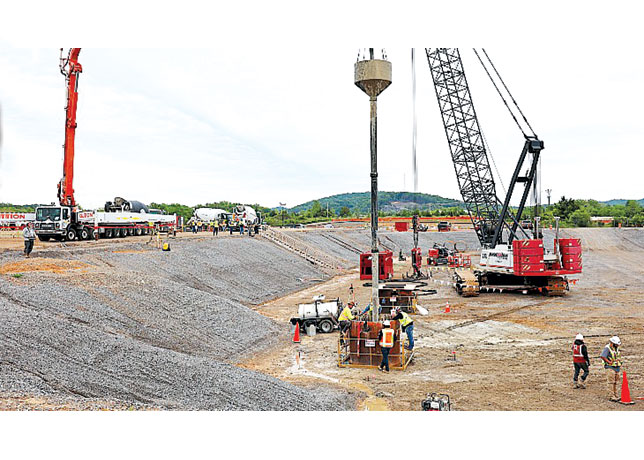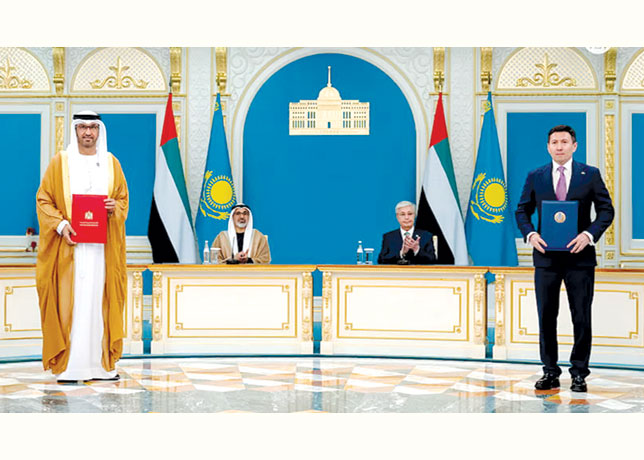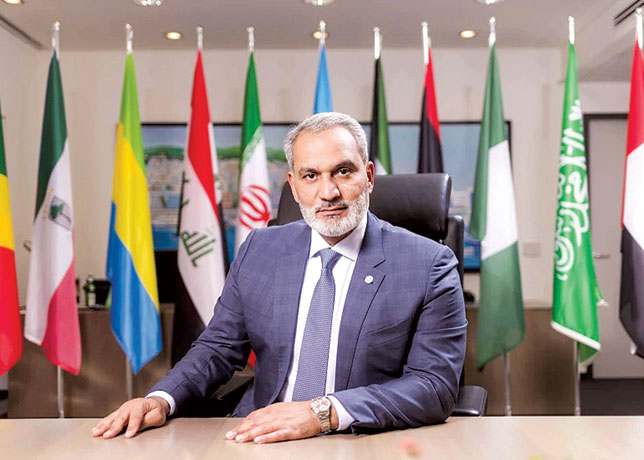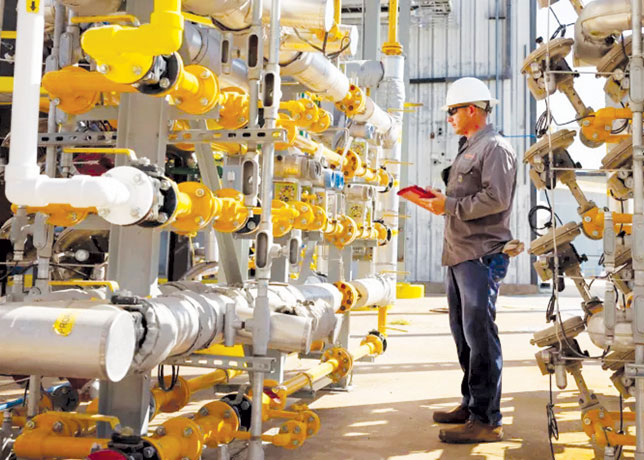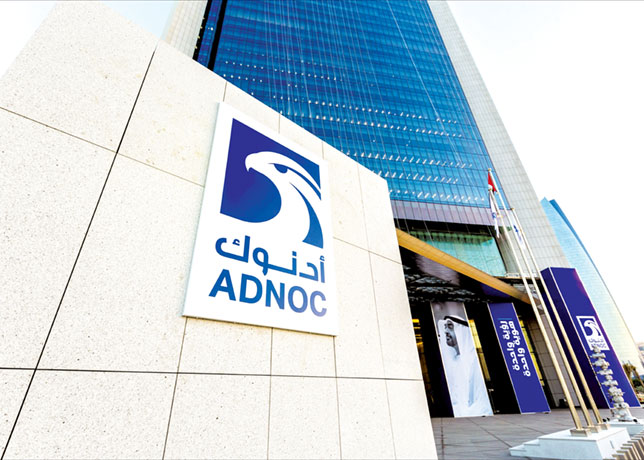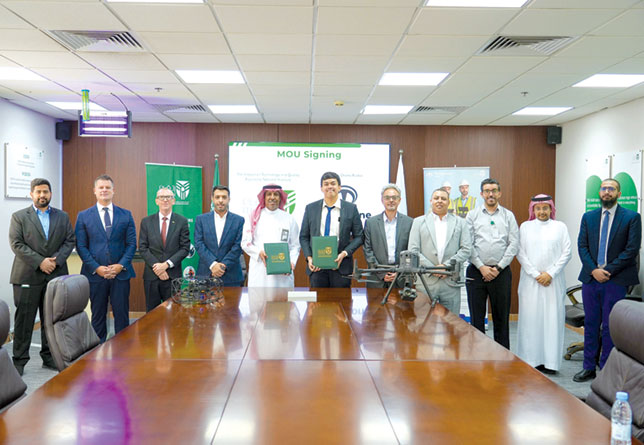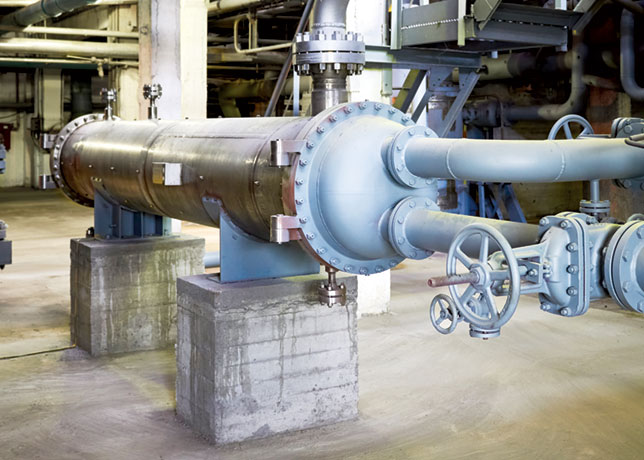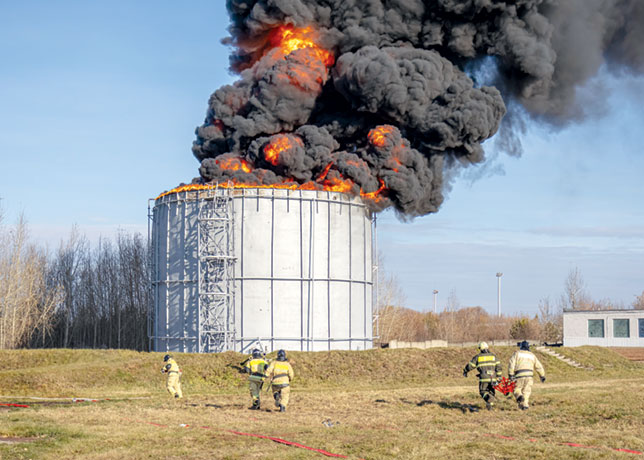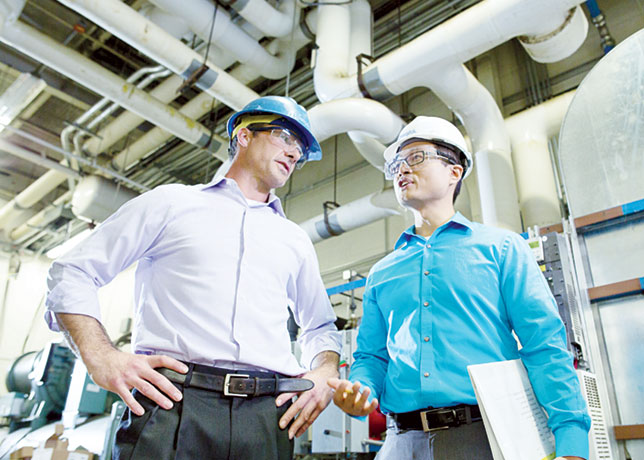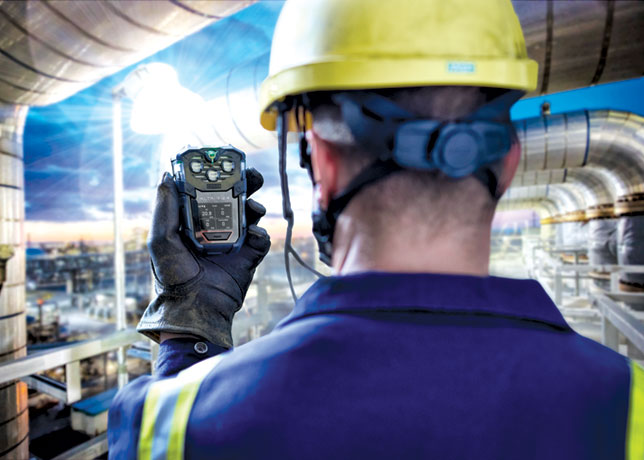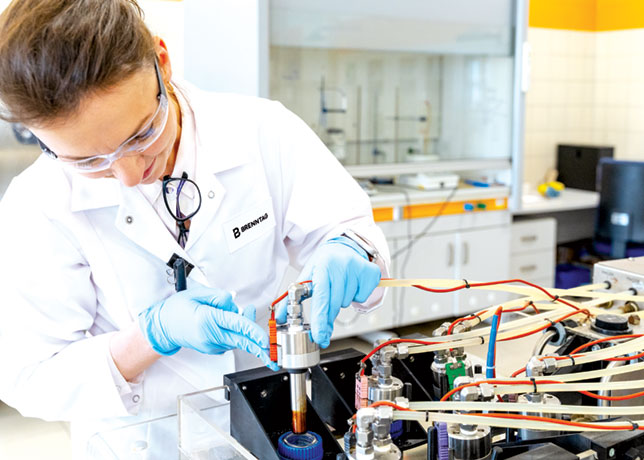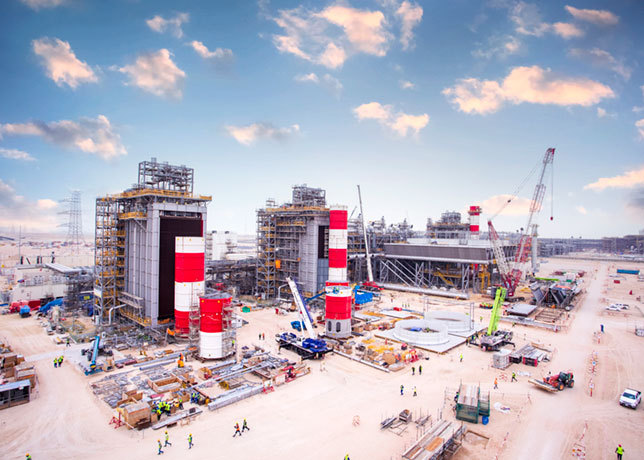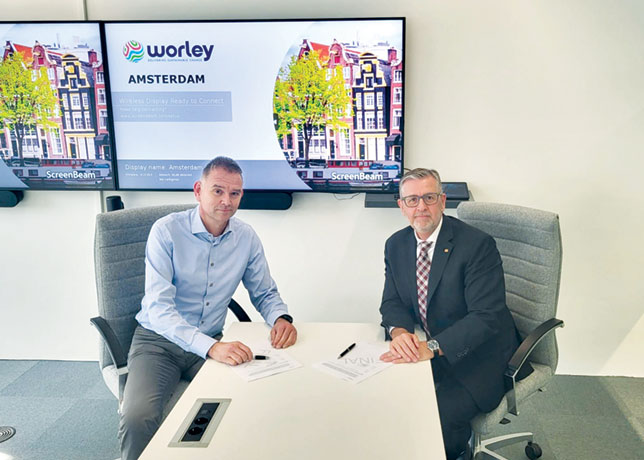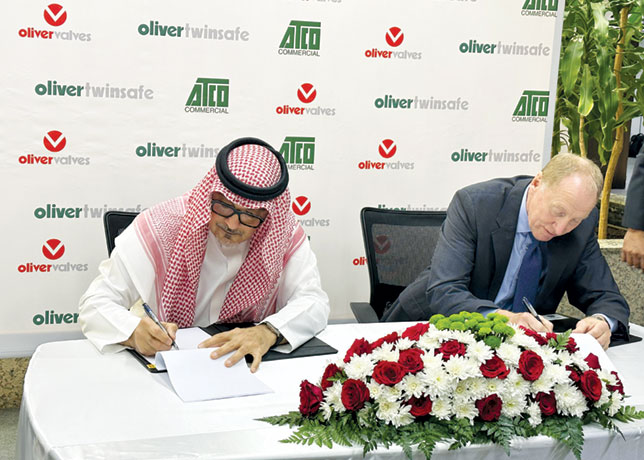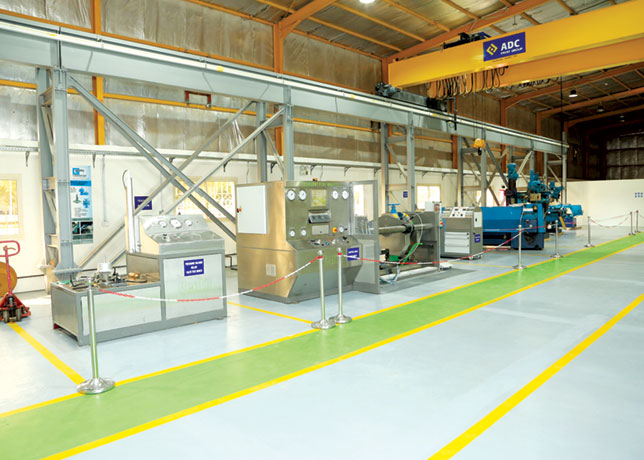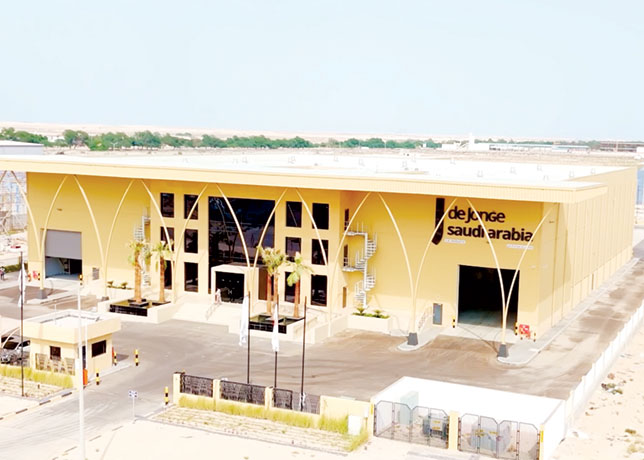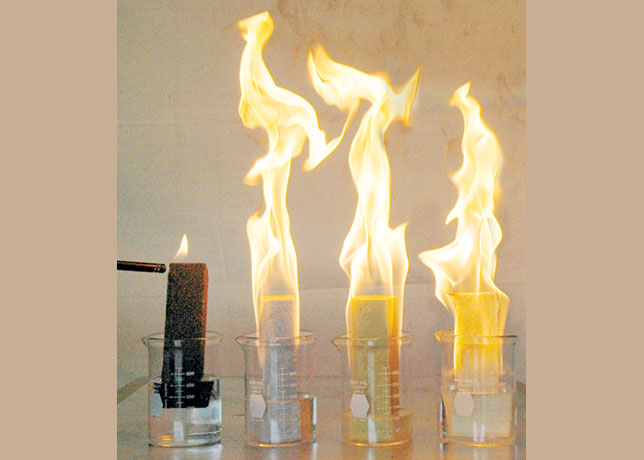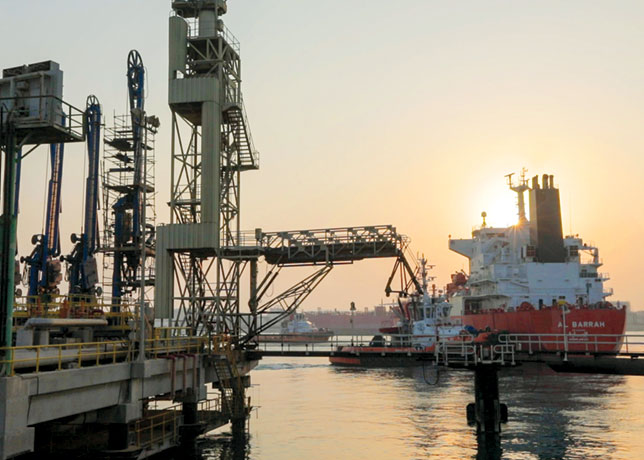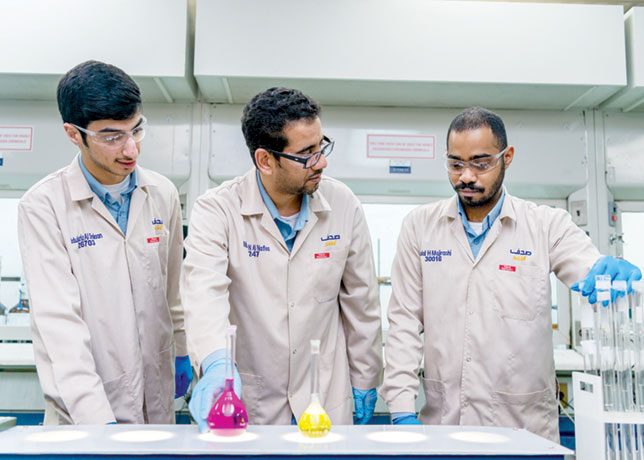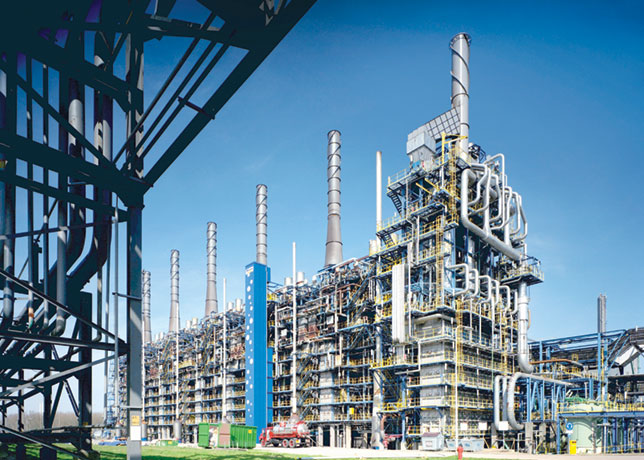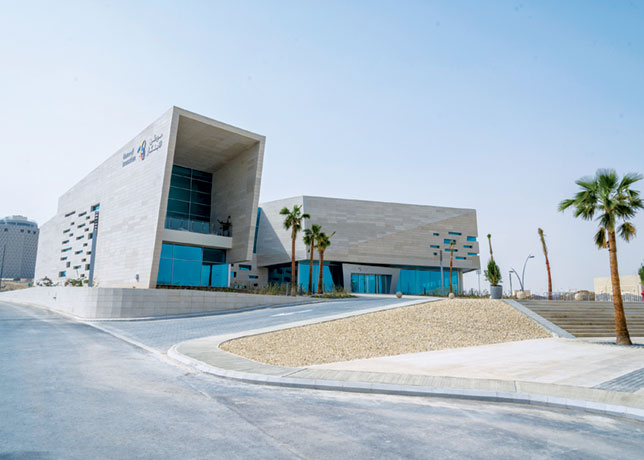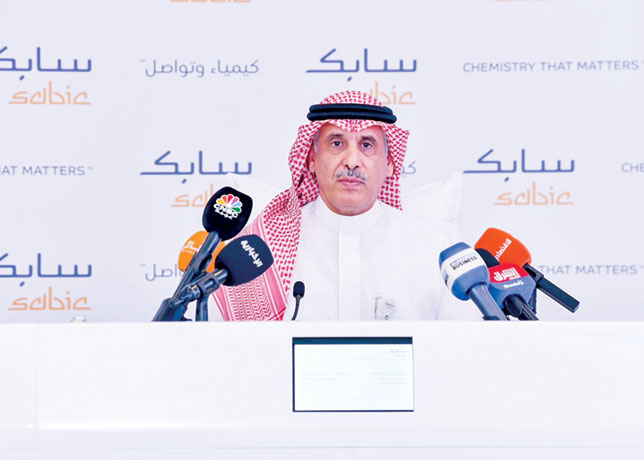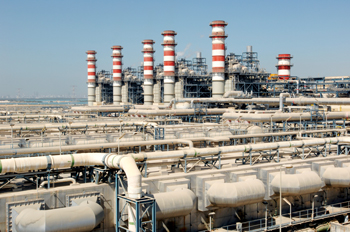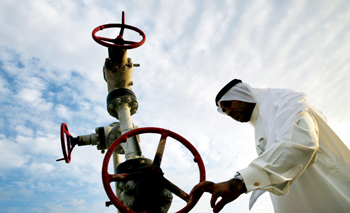
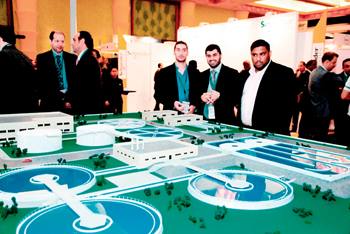 Schneider Electric … strengthening its energy portfolio
Schneider Electric … strengthening its energy portfolio
TODAY the planet is facing challenges of a rapidly rising population and impact on the environment. This needs to be protected by a satisfactory level of social and economic capital to meet the challenge of sustainable development. Plenty of energy is a requirement for the economic and social pillars of sustainable development.
Oil and gas is a major component of the global energy mix until alternative sources of energy become available and economic. The oil and gas industry has an important role to play in managing its operations and reduce emissions, discharges and ecological impact while providing energy at a reasonable cost.
Health, safety and environment (HSE) was a primary concern for the industry to ensure management, shareholders, customers, communities and governments that industrial operations were in compliance with the laws. Corporate environmentalism are comprehensively incorporated into corporate policies and procedures. These companies also begun to realise that there was growing recognition for economic prosperity, environmental quality and social justice.
The term, ‘sustainable development’, became the catchword in government and corporate circles to include these three pillars of human development.
Today, our fast paced lives have raised expectations from companies to get better engagement, spend more time listening, less time telling and to involve people more at all levels. The rise of social media provides an instant platform and has increased scrutiny especially with recent global events for oil and gas companies.
Companies consider it a priority to sustainably spend on the business. In the oil and gas industry, the global sustainable business spending was expected to grow from $5.4 billion in 2012 to $6.5 billion in 2017 at a CAGR of 4 per cent. Analytics opine environmental remediation, pollution control and prevention, and industrial energy management comprise the largest areas of investment while on-site renewable energy is the fastest growing.
In the region, Gulf oil exporters-especially Saudi Arabia, the UAE, Kuwait, Qatar, Oman and Bahrain have ramped up their public, social and investment spending. The value of project planned or underway is approximately $2.46 trillion, according to the latest reports from Meed.
As the global energy demand is increasing, corporations, individuals and governments are expressing added concerns regarding the environment and the carbon footprint of producing energy. Long-term sustainability must also factor in health, financial governance and safety – there is more pressure on oil and gas industries to deliver quality producing without compromising the mentioned concerns.
Schneider Electric’s innovations for the oil and gas sector are crafted for safety, functionality and long-term sustainability. The company’s recent acquisition of Invensys has strengthened its portfolio for the energy industry, and enabled it to deliver critical applications with comprehensive enterprise level solutions, services and softwares.
Their solutions include E-House power distribution solutions, Energy Management and Control Systems (EMCS), Enterprise Pipeline Management Solution (ePLMS), Process Control and Smart O&G Field solutions. They are adaptable to third-party equipment and softwares, and are embedded with the latest in information technology to maximise cyber security and connectivity.
One of the company’s latest innovations, Triconex, is designed for superior oil and gas process safety. This modular protection system helps the world’s leading process plants run for more than 600 million hours without failure or downtime.
The company’s pipeline management system, designed with EcoStruxure architecture, combines real-time process and business control automation, information management, energy management, and security with global supervision and associated project and lifecycle engineering services. In addition, Energy Management Suite – Power Optimisation (Emas)-designed for oil and gas pipeline operators and energy managers, provides access to precise and real-time cost data.
UAE Case Study: Schneider Electric managed centralised offshore production operation management for a local pioneering oil and gas producer. The client had more than 60 unmanned oil and gas wellhead towers in the fields, which were supervised by dated radio telemetry systems. An additional challenge was the maintaining of equipment and spare parts which were deteriorating.
To combat these efficiency roadblocks, the company chose Schneider Electric for their expertise in field operations management, and to manage, engineer, procure, and construct their automation system upgrade. Their offering is modular, scalable and can be integrate additional systems and applications. It prioritises efficient utilisation of resources and contributes to sustainability.







